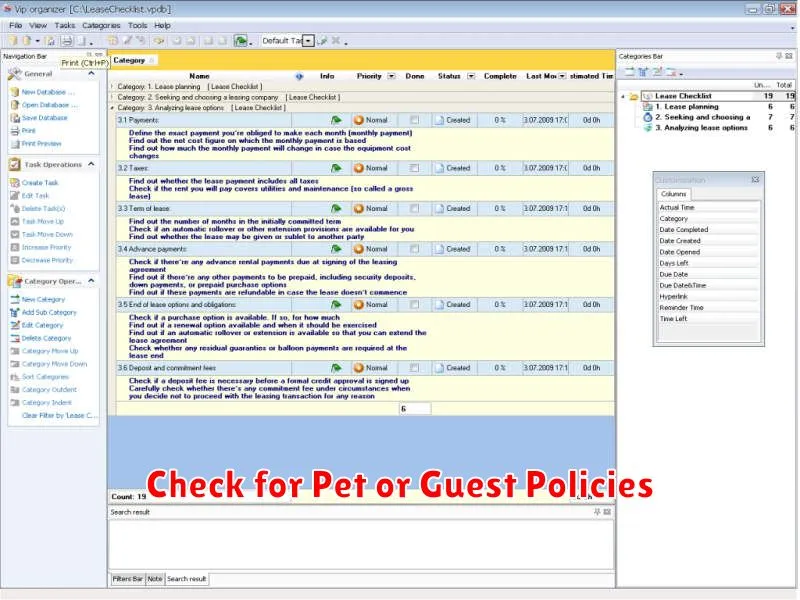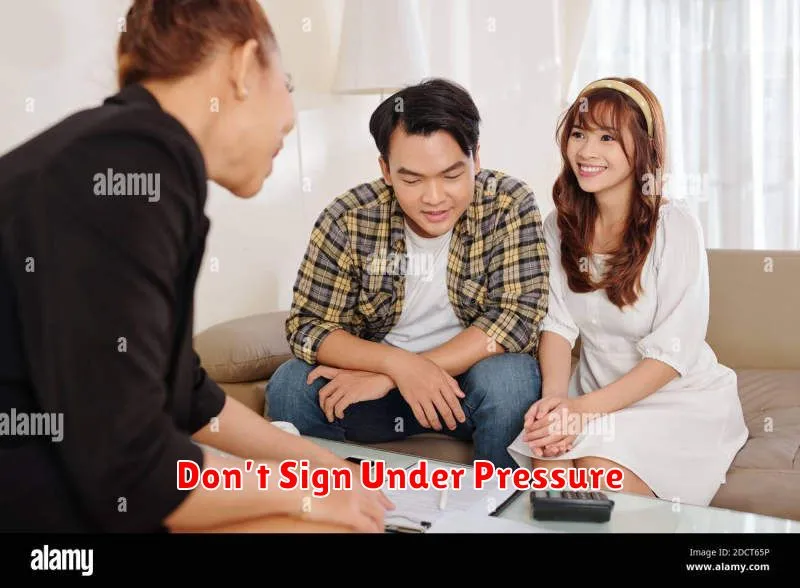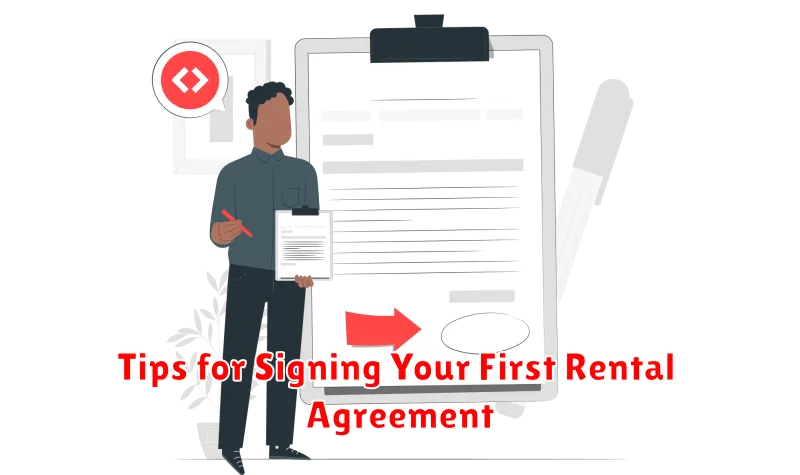Signing your first rental agreement is a significant milestone, marking the beginning of your independent living journey. Whether you are a student moving off-campus, a young professional starting your career, or simply seeking a new place to call home, understanding the intricacies of a lease agreement is crucial. This article provides essential tips for signing your first rental agreement, equipping you with the knowledge necessary to navigate this important process with confidence. From understanding key terms and clauses to negotiating favorable conditions, we’ll cover everything you need to know to make informed decisions and avoid potential pitfalls. Prepare to embark on this exciting chapter with a clear understanding of your rights and responsibilities as a tenant.
Securing your dream rental requires more than just finding the perfect apartment; it necessitates a thorough understanding of the rental agreement you’re about to sign. This legally binding document outlines the terms of your tenancy, including your rights and responsibilities as a renter. This comprehensive guide offers practical tips for signing your first rental agreement, helping you avoid common mistakes and ensure a smooth transition into your new home. We’ll delve into essential aspects such as lease duration, rent payments, security deposits, maintenance responsibilities, and more. By familiarizing yourself with these key components, you can confidently sign your lease agreement and embark on your tenancy with peace of mind.
Read the Lease Thoroughly
Before signing any rental agreement, it’s crucial to read the lease thoroughly. Understanding the terms and conditions is your best protection against future disputes.
Pay close attention to key details like the length of the lease, the amount of rent, and the due date. Also, carefully review clauses about maintenance responsibilities, pet policies, and any restrictions on the use of the property.
If any part of the lease is unclear, don’t hesitate to ask for clarification. It’s better to address any questions upfront rather than face unexpected issues later.
Understand Security Deposit Rules
A security deposit protects the landlord against potential damages or unpaid rent. It’s crucial to understand the specific rules surrounding it.
Limits: Be aware of the maximum deposit amount allowed by your state’s law. Landlords cannot legally exceed this limit.
Documentation: Upon receiving your deposit, the landlord should provide a written receipt. Similarly, when you move out, a detailed accounting of any deductions from the deposit should be provided, along with the remaining balance.
Deductible Items: Understand what can legally be deducted from your security deposit. This usually includes unpaid rent and repairs for damages beyond normal wear and tear.
Know Your Maintenance Responsibilities
Before signing, understand your maintenance obligations. Rental agreements outline who is responsible for what. Typically, landlords handle major repairs like plumbing or heating systems.
Tenants are often accountable for minor upkeep, such as replacing light bulbs or maintaining cleanliness. Carefully review this section to avoid future disputes and understand your financial responsibilities.
Some agreements may stipulate tenant responsibilities for yard work or snow removal. Ensure you are comfortable with these obligations before signing.
Check for Pet or Guest Policies

Before signing a lease, carefully review the pet policies. Some rentals prohibit pets entirely, while others may have restrictions on breed, size, or number. If you have a pet or plan to get one, ensure the agreement’s terms align with your needs. Be aware of potential pet fees or pet deposits.
Equally important are guest policies. Understand any limitations on the duration or frequency of guests staying. Some agreements may require pre-approval for extended guest stays. Clarify these terms to avoid potential issues down the line.
Understand the Termination Clauses
Termination clauses outline the conditions under which you or your landlord can end the lease agreement. Pay close attention to the required notice periods for both parties. This typically involves providing written notice a certain number of months in advance.
Understand the penalties for breaking the lease early. These can include forfeiting your security deposit or being responsible for paying rent until the landlord finds a new tenant. Knowing these clauses beforehand can help you avoid costly surprises.
Also, be aware of the specific grounds for termination. These might include non-payment of rent, property damage, or violation of specific terms within the lease.
Clarify Renewal Options
Before signing, understand the lease’s renewal terms. Is it a fixed-term lease that automatically terminates on a specific date, or does it convert to a month-to-month tenancy? Knowing this helps you plan ahead and avoid unexpected situations. If the lease automatically renews, understand the terms of the renewal, including any rent increases.
Inquire about the renewal process. How much notice is required to renew or terminate the lease? Is there a required form? Clarifying these details upfront can prevent potential conflicts down the line.
Request Copies of All Documents
Before signing, request copies of all documents related to the lease. This includes the lease agreement itself, any addendums, and any move-in inspection reports.
Having copies allows you to review the details thoroughly without feeling pressured. It also provides a valuable record for future reference should any discrepancies arise during your tenancy.
Don’t hesitate to ask for clarification on any points you don’t understand. It’s crucial to be fully aware of your rights and responsibilities as a tenant before putting pen to paper.
Walk Through the Property First
Before signing any rental agreement, inspect the property thoroughly. This is your opportunity to verify that everything is in working order and matches the description provided in the listing.
Document any existing damage, no matter how small. Take photos or videos and bring these to the landlord’s attention. This protects you from being held responsible for pre-existing issues.
Test all appliances, check water pressure, and examine the overall condition of the unit. This walk-through is crucial for ensuring that you are comfortable with the property’s state before committing to a lease.
Ask Questions If Unsure
A rental agreement is a legally binding document. It’s crucial to fully understand everything before you sign. Don’t hesitate to ask questions if anything is unclear.
If terminology is confusing, ask for clarification. If a clause seems ambiguous, request further explanation. It’s better to address concerns upfront than face potential issues later.
Consider seeking advice from someone experienced with rental agreements if needed. A real estate agent or legal professional can offer valuable insights and help ensure you’re protected.
Don’t Sign Under Pressure

Signing a rental agreement is a significant commitment. Avoid feeling rushed into signing anything. Take your time to thoroughly review every clause and ensure you understand all the terms and conditions.
Landlords should allow ample time for review. If you feel pressured, it’s a red flag. A legitimate landlord will understand the importance of careful consideration. Don’t hesitate to walk away from a situation that feels uncomfortable or rushed.

